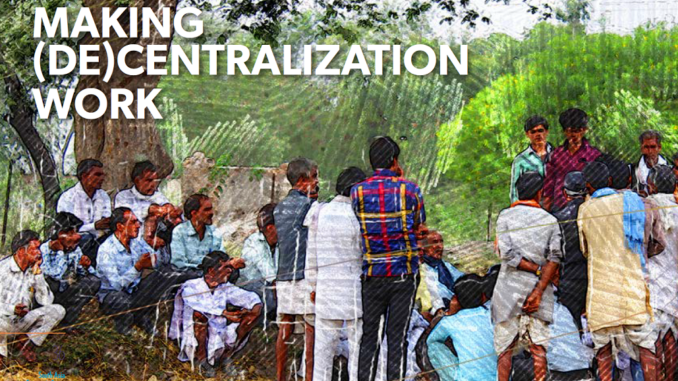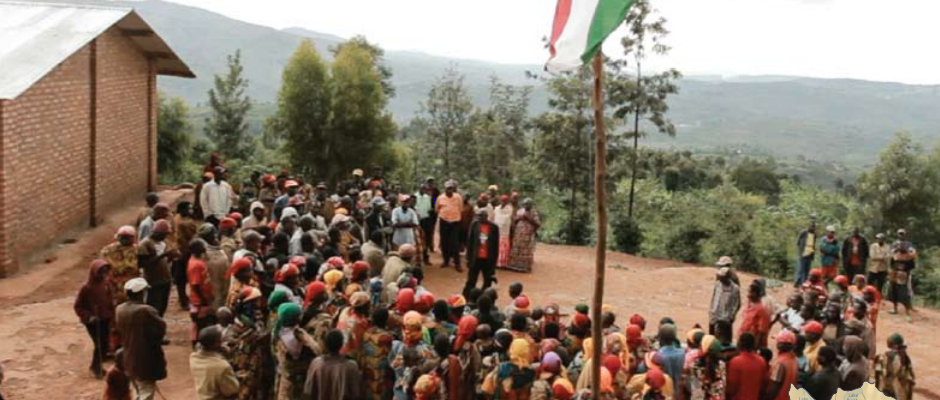
In many countries across the South Asia region, further decentralization is a high policy priority. These policies are part of a global decentralization trend, which aims to improve local service delivery. As economies are becoming more complex, central governments find it increasingly difficult to manage service delivery. Locally elected officials, directly accountable to citizens, are better placed to supply services according to local preferences. The assumption is also that local service delivery can reduce transaction costs.
Empirical evidence of the effectiveness of decentralization is mixed, a result which is often attributed to partial decentralization. Public service delivery in South Asia remains disappointing. Nearly half of the people still lack access to basic sanitation services and the region accounts for most of the world’s uneducated people. The explanation of the lack of results is often that decentralization has not gone far enough.
Successful development requires both decentralization and centralization at the same time. A core task of an effective central government is to create integrated markets in which local communities compete and to facilitate mobility across local boundaries. Central governments can also address equity concerns and support disadvantaged regions to give all citizens equal opportunities, irrespective of where they are born. Finally, central governments can set standards for education, health care, the environment, and other services. Without an effective central government decentralization can degenerate into fragmentation.
In the interplay between central and local governments, the allocation of resources plays a crucial role. In South Asia, a lack of geospatial data on expenditure and development outcomes remains a major constraint.
Read the entire article:
Making Decentralization Work. South Asia Economic Focus | Fall 2019, pp: 37-57.



